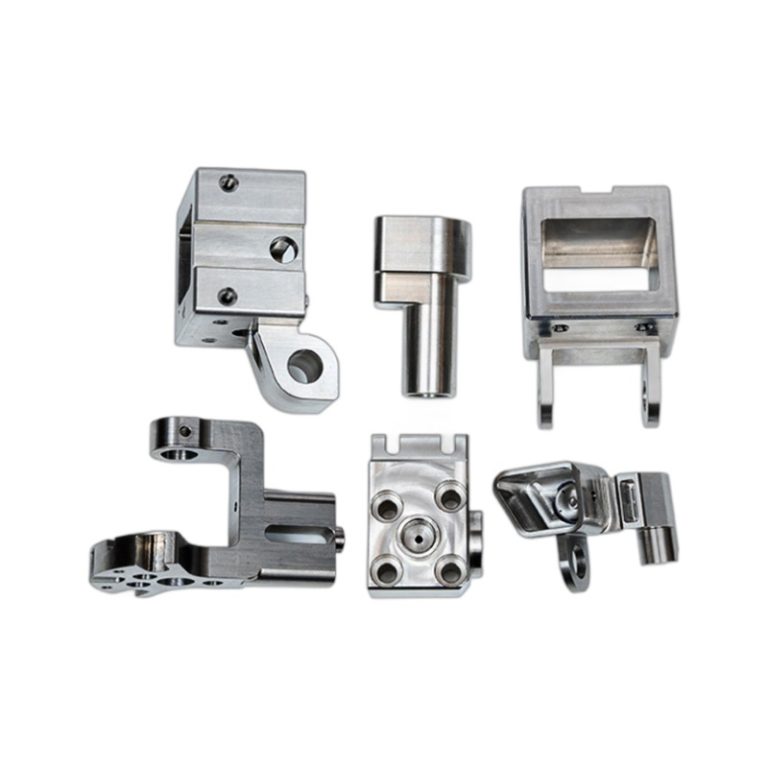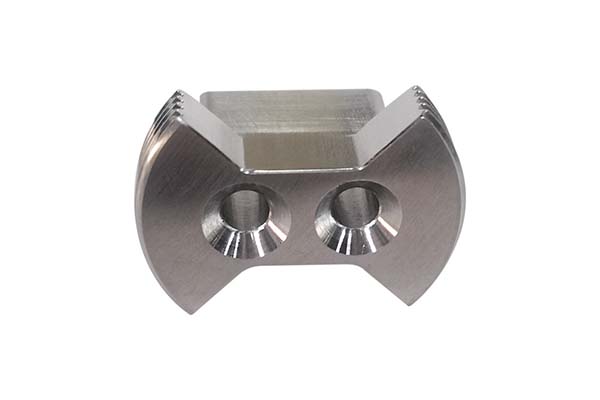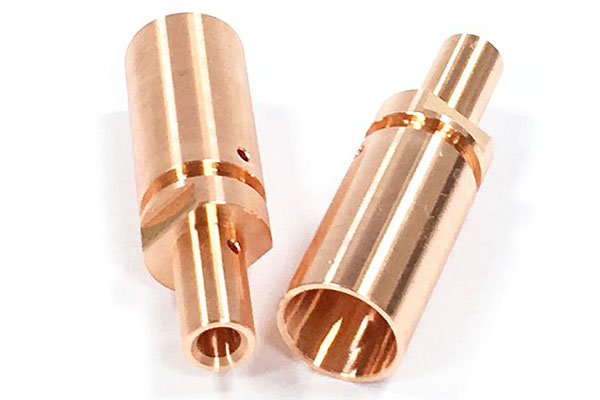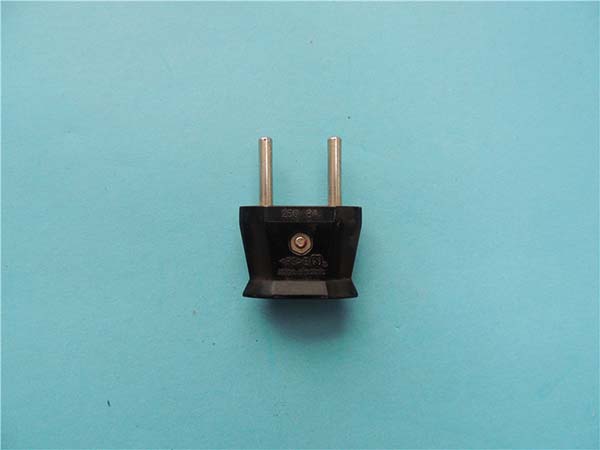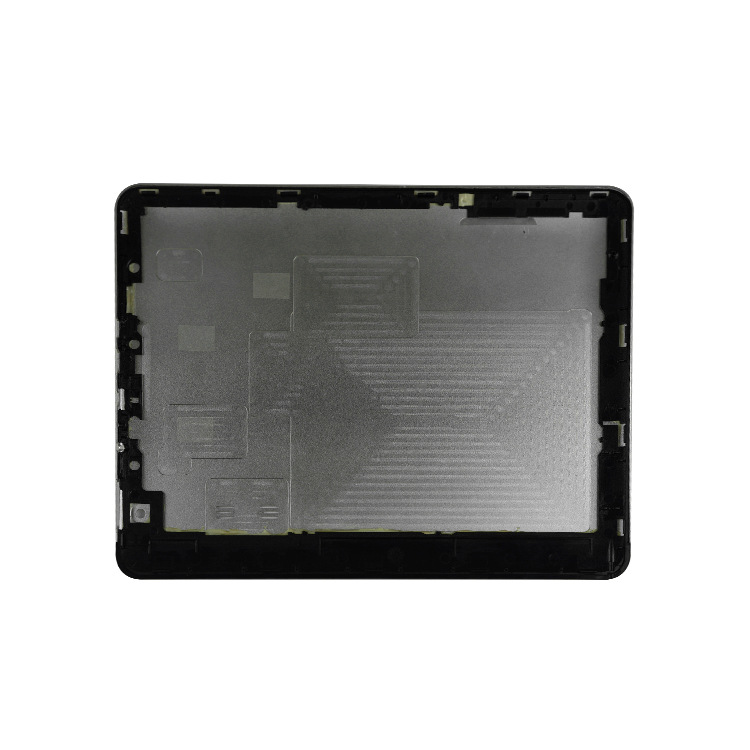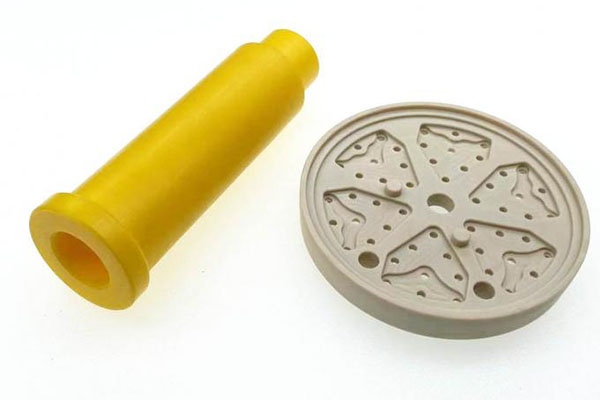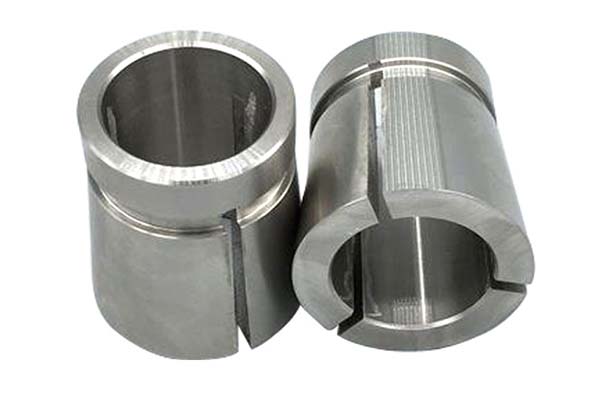Introduction to Milling Services
Definition and Purpose
Milling services involve the process of removing material from a workpiece using rotary cutters. This manufacturing process is critical for producing components with high precision, complex geometries, and tight tolerances. Milling services are used to shape and finish parts according to specific design requirements, making them an essential tool for creating functional and durable components in various industries.
Types of Milling Services
Different types of milling processes cater to different production needs, each with its own set of advantages:
- Face Milling: Cuts flat surfaces on the face of the workpiece.
- Plain Milling: Used for removing material from a surface to create flat or curved surfaces.
- CNC Milling: Utilizes computer numerical control (CNC) machines to automate the milling process, ensuring precision and repeatability.
- Horizontal Milling: The workpiece is placed horizontally, and the cutter moves vertically.
- Vertical Milling: The workpiece is positioned vertically, with the cutter moving horizontally.
- Multi-axis Milling: Involves moving the cutter along multiple axes simultaneously, enabling the creation of intricate designs and complex shapes.
Applications of Milling Services
Milling services have a broad range of applications across multiple industries. The ability to create highly precise parts with complex shapes makes milling crucial for sectors that demand stringent standards for safety, quality, and performance.
Automotive Industry
In the automotive sector, milling services are essential for producing high-precision engine components, transmission parts, and chassis elements. These components require tight tolerances and intricate geometries to ensure reliable performance and durability. CNC milling plays a critical role in mass production, offering consistent quality for complex parts and helping automotive manufacturers reduce production costs while meeting stringent regulations.
Aerospace Industry
The aerospace industry requires components that are not only highly precise but also reliable under extreme conditions. Milling services are used to produce parts such as turbine blades, landing gear components, and structural elements. These components must meet stringent standards for safety and performance. The versatility of multi-axis CNC milling enables the production of complex geometries that are essential for aerodynamic efficiency and durability.
Medical Industry
In the medical field, milling is critical for creating surgical instruments, implants, and other medical devices that demand the highest levels of precision. The use of CNC milling machines ensures that these components meet the exact specifications needed for patient safety and effective function. Even the smallest deviations from these specifications could have serious consequences, which makes milling services indispensable in medical manufacturing.
Benefits of Milling Services
Milling services offer several significant advantages that make them indispensable in modern manufacturing. These benefits contribute to the high efficiency, precision, and customization required by industries ranging from automotive to aerospace and medical manufacturing.
1. Precision and Accuracy
One of the key benefits of milling services is their ability to achieve high precision and micron-level accuracy. With CNC milling, manufacturers can produce parts that meet the most demanding specifications, with repeatability across large production runs. This level of precision is essential in sectors like aerospace and medical, where even minute deviations can compromise safety and functionality.
2. Material Efficiency
Milling processes are designed to be highly material-efficient, minimizing waste and reducing production costs. Since the material is only removed where necessary, manufacturers can reduce scrap and optimize material usage. This is particularly important when working with expensive materials like titanium in aerospace or specialized alloys in the medical field.
3. Customization Capabilities
Milling offers extensive customization options, allowing manufacturers to produce components with complex shapes, sizes, and specifications. Whether it’s for prototype development or small production runs, milling allows for rapid and flexible design changes. The ability to work with a variety of materials further enhances the versatility of milling in meeting unique customer requirements.
Modern Technologies in Milling
Technological advancements have significantly enhanced milling services, making them more efficient and adaptable to a wide range of manufacturing needs.
1. CNC Milling Machines
CNC milling machines have revolutionized manufacturing by automating the milling process. These machines are programmed to carry out precise and repeatable operations, improving both efficiency and accuracy. CNC milling is particularly effective for mass production, where high consistency across large batches of parts is necessary. The precision and automation of CNC machines reduce human error, leading to a more reliable and faster production process.
2. Automation and Robotics
Automation and robotics have further improved milling services by increasing operational efficiency. Automated systems can handle repetitive tasks at much higher speeds and with greater accuracy than manual operations. This reduces production times and minimizes errors. Robotics also enables the operation of milling machines in environments that may be hazardous or uncomfortable for human workers, further enhancing productivity and safety.
Case Studies and Success Stories
Several industries have seen major improvements in both efficiency and product quality due to the adoption of milling services.
1. Automotive Industry
A leading automotive manufacturer implemented CNC milling machines to produce engine components. As a result, production time was reduced by 30%, thanks to the precision and repeatability of CNC milling. This improvement not only lowered production costs but also enhanced the performance and durability of the engine components.
2. Aerospace Industry
An aerospace company used multi-axis milling to produce complex turbine blades. These blades, which required intricate geometries for aerodynamic efficiency, were difficult to manufacture using traditional methods. The use of CNC milling enabled the creation of turbine blades that improved fuel efficiency and performance, contributing to lower operational costs for airlines.
3. Medical Industry
A medical device manufacturer used CNC milling to produce custom surgical instruments. The precision of the milling process ensured that each instrument met strict specifications, reducing the risk of complications during surgery and improving patient outcomes. The ability to quickly produce custom instruments also made the process more cost-effective.
Efficiency Improvements in Milling Services
Modern advancements in milling technology have significantly improved the efficiency of the entire process, offering benefits across production timelines, costs, and quality control.
1. Reduced Production Time
The integration of CNC technology and automation has dramatically decreased production times for milling. With the ability to run continuous, automated cycles, CNC machines can produce parts more quickly than traditional manual methods. This is particularly important for industries with high-demand production needs.
2. Enhanced Quality Control
Advanced monitoring systems integrated with CNC machines can detect defects in real-time. This enables manufacturers to correct issues immediately, ensuring that the quality of every part produced meets or exceeds standards. The use of automated inspection systems further reduces the potential for human error.
3. Cost Savings
By optimizing material usage, reducing waste, and lowering labor costs through automation, milling services help companies save on production costs. The efficiency improvements gained from using advanced CNC and robotic systems contribute to lower overall operational costs while maintaining high standards of quality.
4. Increased Flexibility
Milling services are extremely flexible, enabling manufacturers to quickly adapt to new designs, materials, or production volumes. This flexibility makes milling an ideal option for both small-scale prototypes and large-scale manufacturing runs, accommodating a wide range of production needs without compromising on quality or speed.
FAQs
1. What are the main benefits of milling services in modern manufacturing?
Milling services provide high precision and accuracy, material efficiency, and the ability to customize parts to meet unique specifications. These advantages make milling ideal for producing complex components with tight tolerances, which is essential in industries like aerospace, automotive, and medical.
2. How do CNC milling machines enhance the milling process?
CNC milling machines enhance the milling process by automating operations, ensuring precision and repeatability. These machines can be programmed to perform intricate tasks with micron-level tolerances, reducing human error and increasing productivity. Automation is particularly beneficial for mass production and parts with complex geometries.
3. What role does automation play in milling services?
Automation plays a crucial role in enhancing the efficiency and accuracy of milling services. Automated systems can handle repetitive tasks with higher speed and precision than manual operations, freeing up skilled workers for more complex tasks. Additionally, automation increases safety by allowing machines to operate in hazardous environments, contributing to higher productivity and safer working conditions.
Conclusion
Milling services have become a cornerstone of modern manufacturing due to their ability to produce highly precise, customized, and durable parts. With the advent of CNC technology and automation, milling has evolved into an even more powerful tool that helps industries across the automotive, aerospace, and medical fields meet the increasing demand for complex components with tight tolerances. By optimizing material usage, reducing production times, and offering unmatched precision, milling services continue to drive efficiency and innovation in manufacturing.
